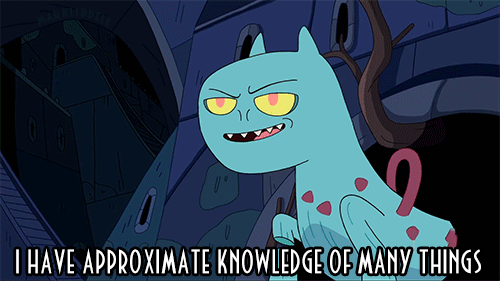Life
What Makes Us Happy Has Drastically Changed

As any history student can tell you, people are pretty much the same at heart no matter where or what era they're from. Sometimes, however, generational differences arise, and nothing illustrates this better than a recent study showing that what makes people happy has changed drastically in the past 80 years. Kids these days, amiright?Psychologist Sandie McHugh recreated a famous 1938 study on the subject of happiness, Science Daily reports. Participants were asked to respond to an advertisement in the Bolton Evening News, which asked them to define happiness and rate the importance of 10 factors, like beauty or religion, in relation to being happy. McHugh did her best to repeat the study in the modern day by putting an advertisement in the Bolton News asking volunteers to complete a questionnaire as similar to the 1938 survey as possible. The results? Apparently this generation really is full of heathens, just like Grandma said at your last family reunion. While McHugh found that religion was the third most important factor for happiness in 1938, it came in last place among modern respondents. Knowledge also took a hit; although it ranked highly in the past, it didn't even crack the top three in 2014.

<img alt="" src="https://31.media.tumblr.com/b5aee4593953954a6a5d4ee4cb7f0ead/tumblr_inline_mxyr46lIn61rgs66v.gif" class="article-body-image"/>In fact, the only value we rated as highly as the older generation was security. Instead, McHugh found, modern respondents valued good humor the most, with leisure coming in second place. Although security was valued by both groups, neither rated wealth highly; only 23 percent of modern respondents answered yes when asked whether "happiness is directly linked to material possessions and wealth." Interestingly enough, one of the most marked differences was in where people reported being happiest. In 1938, the majority of respondents wrote that they were happiest in Bolton, but in 2014, 63 percent said they were happier elsewhere. According to Science Daily, McHugh chalked this up to an emphasis on smaller communities in the past. "The overall impression from the correspondence in 1938 is that happiness factors were rooted in everyday lives at home and within the community," she wrote. On the other hand, modern respondents value "family and friends, with good humour and leisure time also ranked highly."

<img alt="" src="http://big.assets.huffingtonpost.com/Anna9.gif" class="article-body-image"/>
As somewhat of a nap aficionado, I can agree that us modern folk are pretty fond of our leisure time. Even so, modern respondents have more in common with the older generation than differences, as evidenced by excerpts from the surveys. From Science Daily,
"Enough money to meet everyday needs and a little for pleasure." (1938)
"Knowing that my rent is paid on time and I can afford to eat healthily." (2014)
"I would like a little home, not many possessions … congenial and satisfying companionship, the availability of good music and books." (1938)
"Engaging in my hobbies, spending time that is free of worry … Simple things like enjoying a nice meal or receiving care and affection." (2014)
So basically, everyone likes food, entertainment, and spending money, even back in the 1930s. Like I said, people don't really change.
<img alt="" src="http://media.giphy.com/media/njkqZI2J1sYVO/giphy.gif" class="article-body-image"/>
Images: The Photography Muse/Flickr, giffity-gif-gif/Tumblr, Huffington Post